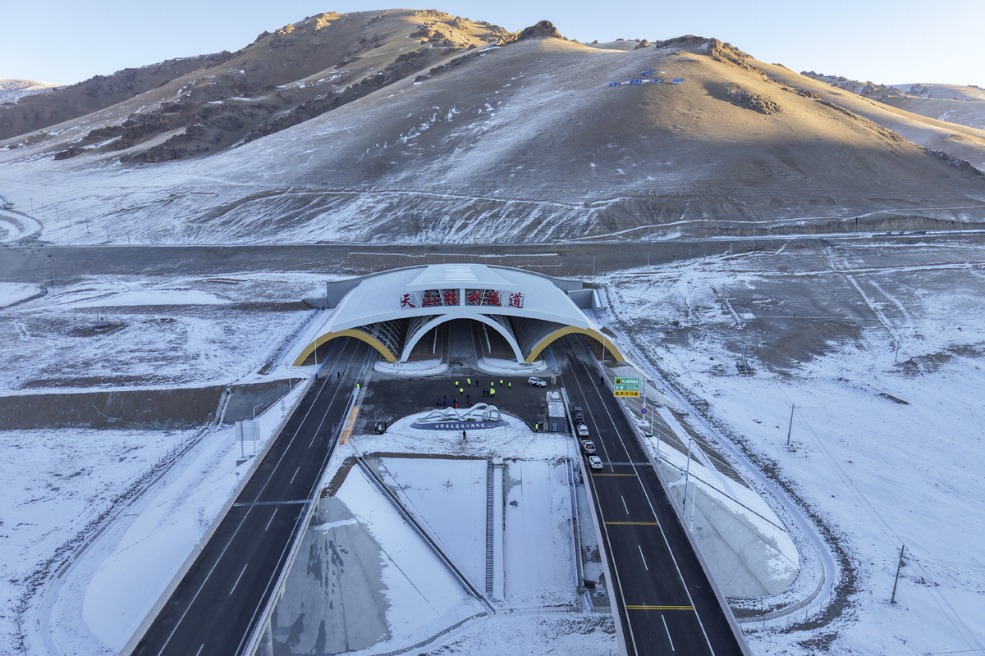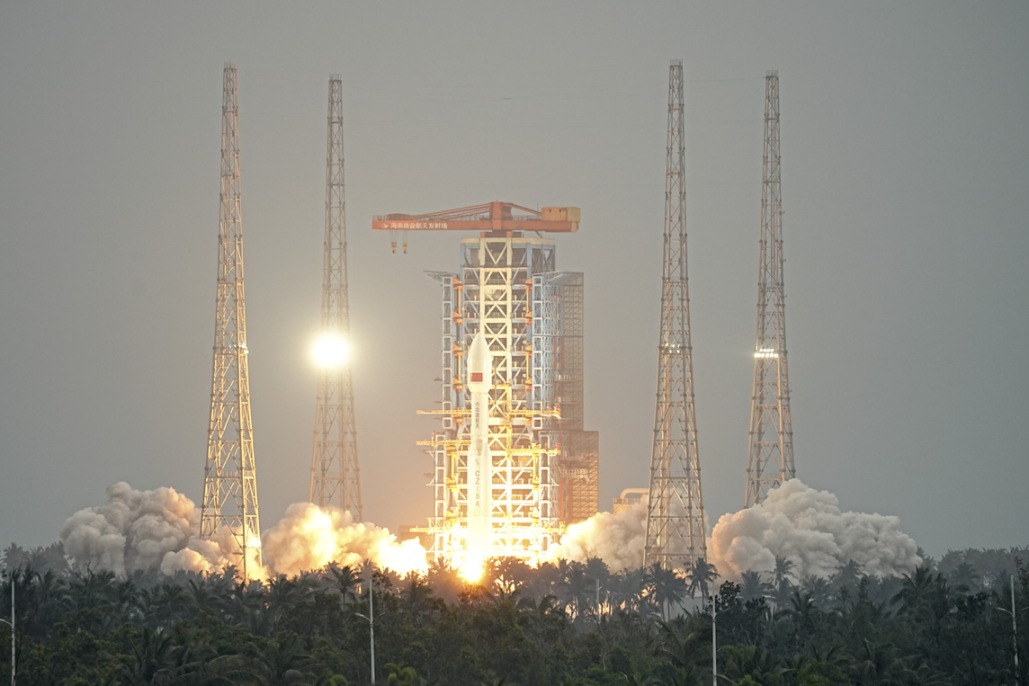China's salt-resistant rice lauded by UAE after successful Dubai trial

Salt-resistant rice planted by a Chinese research team has been recognized as a "national gift" by the United Arab Emirates, the research team said on Sunday.
The honor followed the successful trial planting of salt-resistant rice in the desert in Dubai by the Qingdao Saline-Alkali Tolerant Rice Research and Development Center, led by renowned agricultural scientist Yuan Longping.
An international expert group tested five types of harvested salt-resistant rice in Dubai in late May, with yields ranging from 4.8 to 7.8 metric tons a hectare. According to Food and Agriculture Organization statistics from 2014, the world's average rice yield is 4.5 tons a hectare.
Sheikh Mohammed Bin Rashid Al Maktoum, vice-president and prime minister of the UAE, attached great importance to the successful trial planting. To commemorate the historic breakthrough, the harvested salt-resistant rice has been named "Al Marmoom", after an area in Dubai, and will be presented to distinguished guests, further promoting cooperation with the Qingdao team.
The cooperation started in November, when Sheikh Mohammed, who is also ruler of Dubai, learned of the first successful planting of salt-resistant rice in China and invited Yuan's team to help solve the UAE's food shortage problem.
After discussions, both sides agreed to establish a long-term and stable strategic cooperative relationship in scientific research and industrial promotion, aiming to develop salt-resistant rice in Dubai, the wider Middle East, and North Africa.
The Qingdao team launched the project in Dubai in early January and from May to July more than 80 varieties of experimental rice, including salt-resistant rice, matured in batches.
Growing rice in desert areas faces many challenges and difficulties, including extreme temperatures, highly saline water, low humidity, lack of fresh water, sandstorms, lack of proper soil and a lack of agricultural resources.
The research team introduced the "four-dimensional optimizing method" applied in planting salt-resistant rice in China to Dubai, with sensors that tell farmers when to adjust water and nutrient levels.
The two sides are taking a multistep approach to developing salt-resistant rice planting, with the goal of turning at least 10 percent of the UAE's territory into green land.
They will also build a salt-resistant rice research center for the Middle East and North Africa, with the aim of creating "artificial oases" to benefit all Arab countries by helping them eradicate poverty and hunger and make the environment more livable.
- China's Genhe city witnesses extremely cold weather
- Beijing courts handled 15,000 patent cases involving bottleneck technologies
- Beijing gives big boost to IP protection over the past five years
- Man sentenced to death for killing his children
- Hemodialysis services cover all counties with over 100,000 permanent residents
- Flu cases fall to moderate level





































